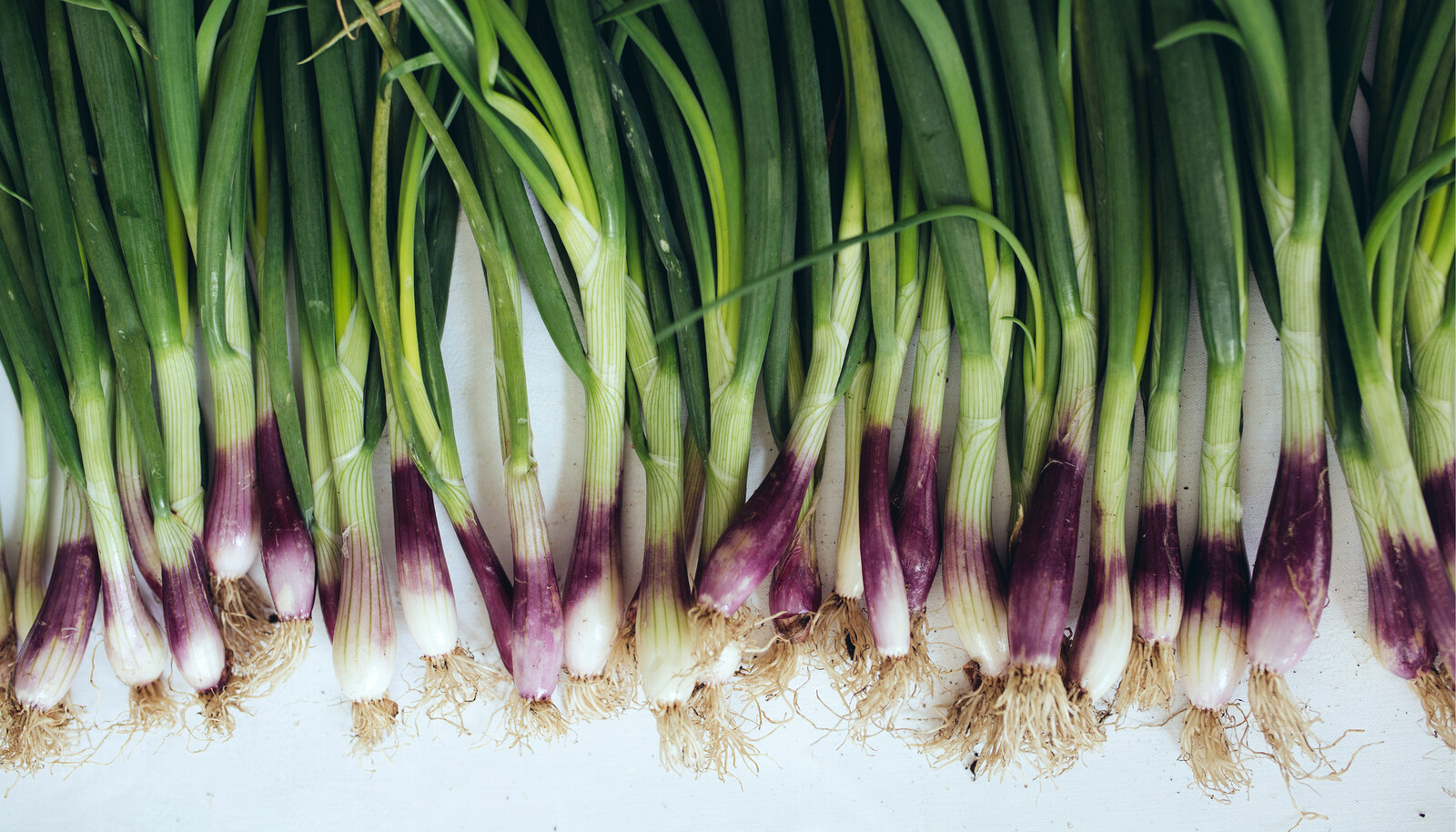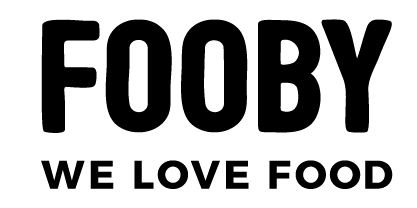Promoting health while conserving the planet's resources: That's what the Planetary Health Diet is all about. What is happening in Zurich in this regard?
At the ETH, hungry people determine with their choice of menu how sustainable the university's gastronomy is developing, a restaurant in Wipkingen has its own composting machine that turns surplus food into compost, and at home you should drape the vegetables first when arranging your plate. Find out how the Planetary Health Diet is already being implemented in the city of Zurich in our tips and become a part of it!
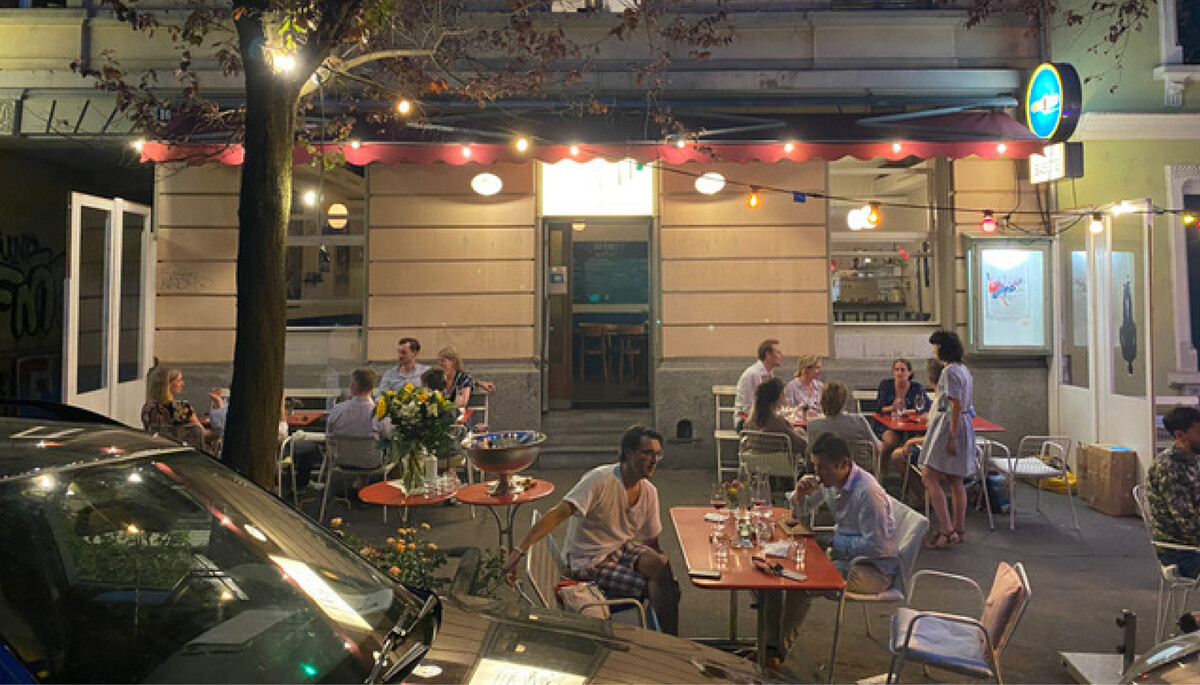
Bei Babette
The Babette is a hearty neighbourhood restaurant near Idaplatz. Not only does it serve wonderful galettes and crêpes - in keeping with the tradition of Francophile culture - but also innovative and seasonal dishes. The food comes from farms and suppliers in the area. The fact that they know the food producers personally and maintain a relationship based on partnership is a matter of course for the restaurant operators. "We want to waste as little as possible and feel obliged to the environment and future generations. We operate sustainably and not at the expense of others," the operators say. For the guests, this means: sit back, choose everything on the menu with a clear conscience and enjoy. The Babette organises various events on the theme of "sustainable gastronomy", such as the Soirée Végétale 22.4. The chef cooks several plant-based courses while explaining to guests the connections between people, the environment and food. A delightful dîner for the health of our planet.
beibabette.ch
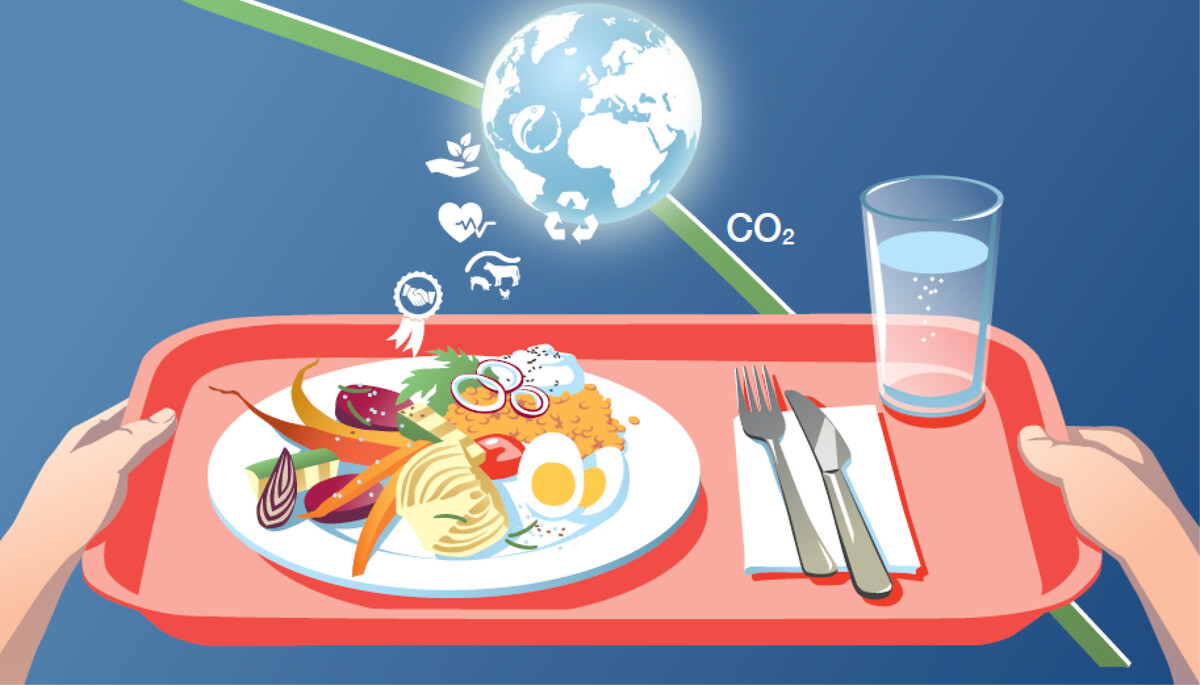
ETH
Schnitzel and chips as the most popular canteen food - unfortunately, this is still true for too many dusty companies. But everyone can do their part to protect our planet. The canteen is a good place to start, thinks ETH Zurich. In its new project, it wants to create sustainable university catering. In addition to reducing greenhouse gas emissions, it includes other aspects from the environmental, social and health fields (e.g. regionality, fair trade, whole grain products, etc.).
For the project to be a success, however, demand must also be right. The guests of the restaurants on the ETH campus can participate in the three-year pilot project by being informed transparently about the process and the criteria. If they choose vegetarian or vegan dishes more often, only scoop as much as they actually want to eat at the buffet or consistently choose reusable instead of disposable dishes for takeaways, they can contribute to the success of the project and thus significantly to the sustainability of the ETH restaurants. A model that will hopefully soon be adopted everywhere.
You can read more about the project here.
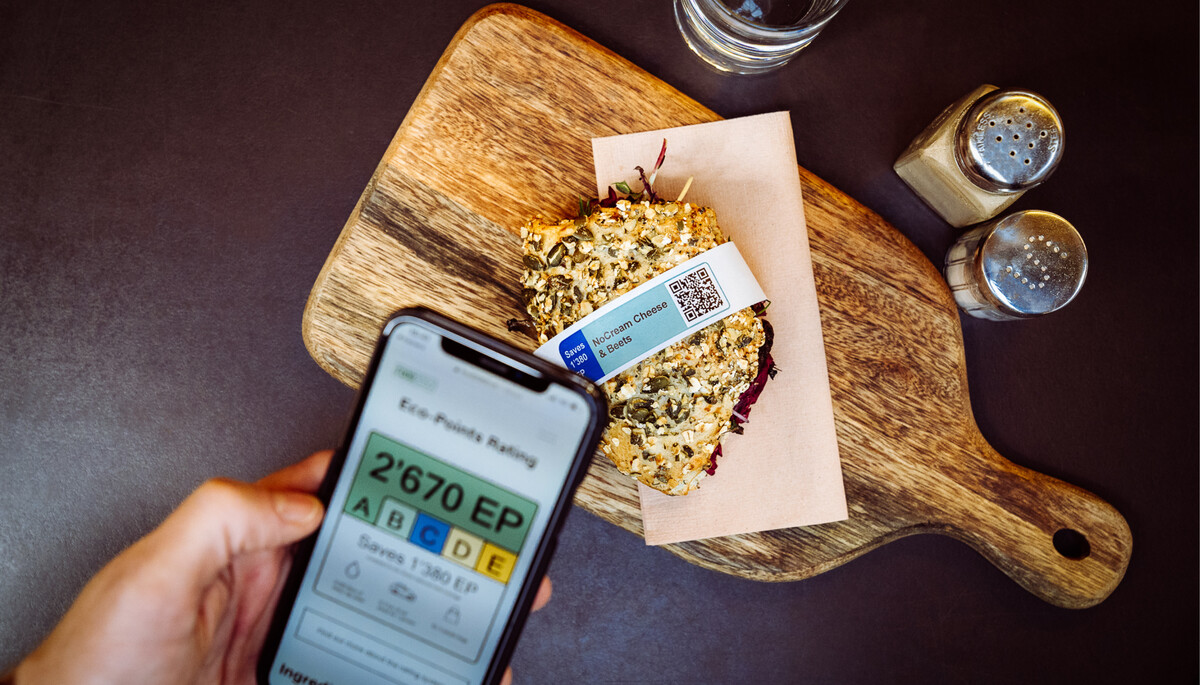
FOOD2050
The Swiss food tech start-up FOOD2050 aims to create a sustainable global food system that leads to a healthier planet. The scientific project evaluates consumption in terms of its environmental impact and communicates to consumers how their consumption affects the planet and gives them further product and producer information. A live ticker directly shows the progress.
Simon Altin is head chef of the ZFV enterprises at the University of Zurich Irchel and part of the project. He is pleased that the call for sustainable cuisine is getting louder and louder. He doesn't want to eliminate meat completely, but he does want to reduce consumption considerably. What does he pay attention to? Fewer convenience products, more fresh vegetables and side dishes that might not have been offered ten years ago. "You can't just tell the guest that everything vegan is fine," he says. He says he wants to tie the taste of his dishes to a gout that his guests know. "Most of the time I see a big question mark first, then comes the 'Mmmmmh'."
food2050.ch
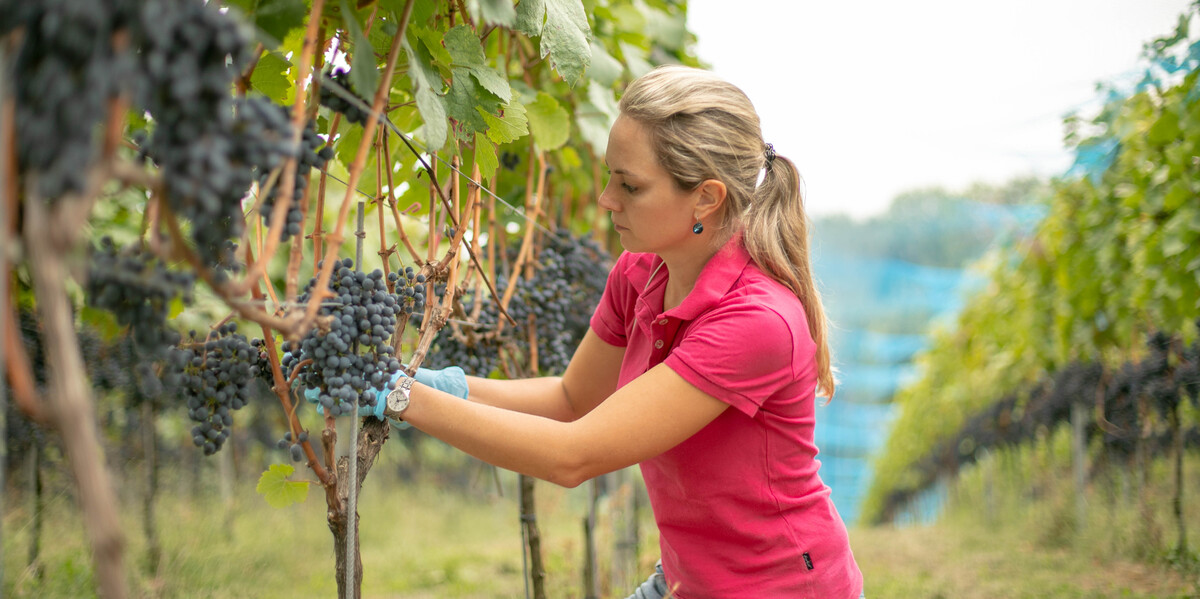
Stadt Zürich
Don't throw anything away, except old habits: The city of Zurich has developed a sustainability strategy on how we can eat and drink in a more environmentally friendly way. Our diet causes one third of the environmental impact and 20 percent of the greenhouse gas emissions of the goods we consume. Time to change now!
To achieve a diet with fewer CO2 emissions, the city of Zurich is relying on five pillars. Find out more here.
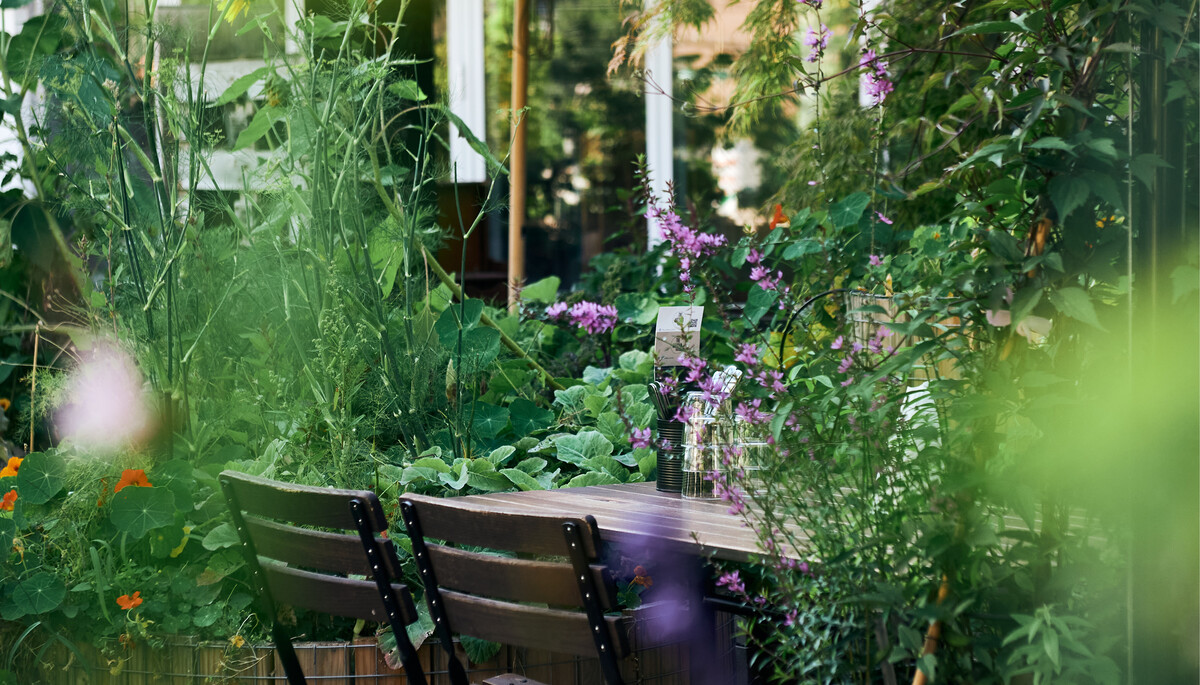
The Artisan
The Artisan' is a cosy oasis in the middle of Wipkingen. In the restaurant, you can drink a Swiss craft beer or a glass of terroir wine from nature-loving vintners under lush hanging plants. The menu is seasonal, committed to the local producers and varied. The root vegetable chips with Nori salt or the Jerusalem artichoke raviolo from their own garden are particularly delicious. This is located behind the house and a part directly next to the terrace, which is shared with the neighbours of the neighbourhood, and here everything grows particularly well: the restaurant owners feed the surplus food to their own composting machine. This innovative machine is the first of its kind in Zurich and helps to avoid food waste. The microbes inside ensure that nutritious compost is produced within 24 hours. And they share it with their neighbours in the community garden. That's how neighbourhood gardening works.
theartisan.ch
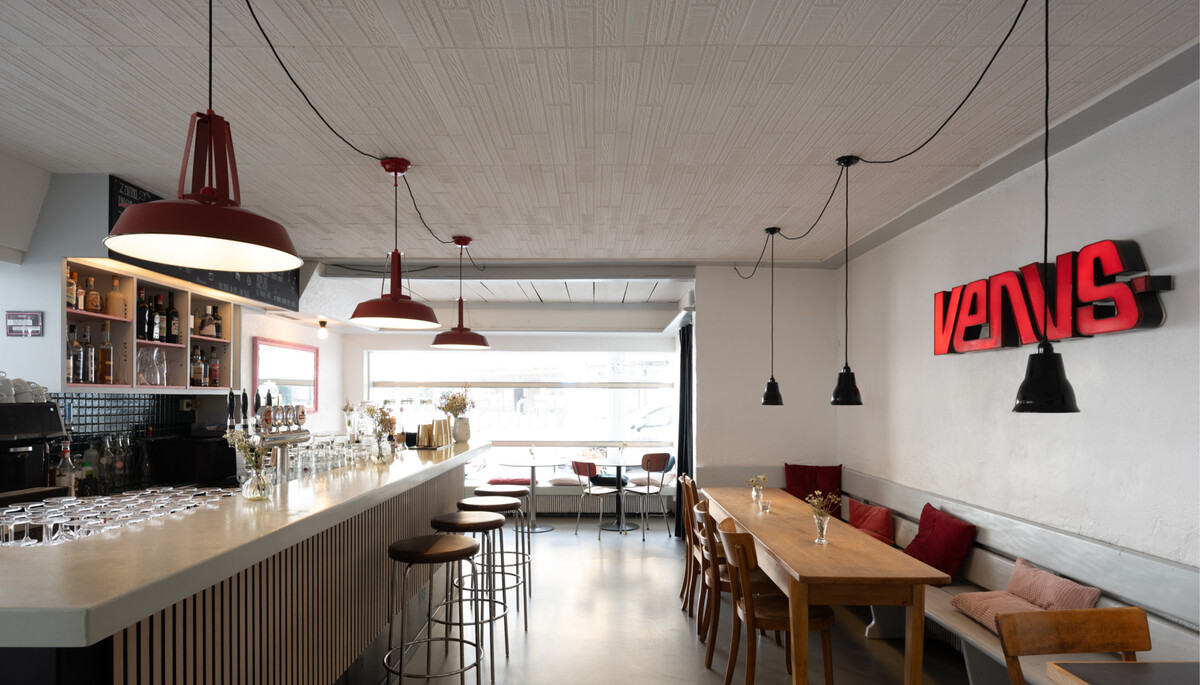
Venus
In the heart of Oerlikon, they cook, roast and grill with passion and dedication. A motivated kitchen team led by chef Chris Züger conjures up Swiss-style tavolata night after night in the newly opened Venus Bistro, which has found its home in the building of the former sex cinema.
Venus serves good food from the region and the best of the season. The wild garlic from the pesto is naturally gathered on Zurich's local mountain, the beer from the nearby Oerlikon brewery and the homemade sausages from the butcher next door. The fight against food waste is particularly close to the hearts of the makers of Venus, so it's hardly surprising that they also use foodwaste vegetables, from potatoes to beetroot and carrots. These vegetables do not make it from the field to the shops because they are too big, too small, too fat. This is where ACKR comes in, the young start-up that has dedicated itself to vegetable positivity and collects the sorted vegetables from the farmers in the region, thus saving them from the biogas plant. In terms of quality and taste, the vegetables are in no way inferior to the ideals of beauty and also completely convince the Venus guests.
venusbistro.ch
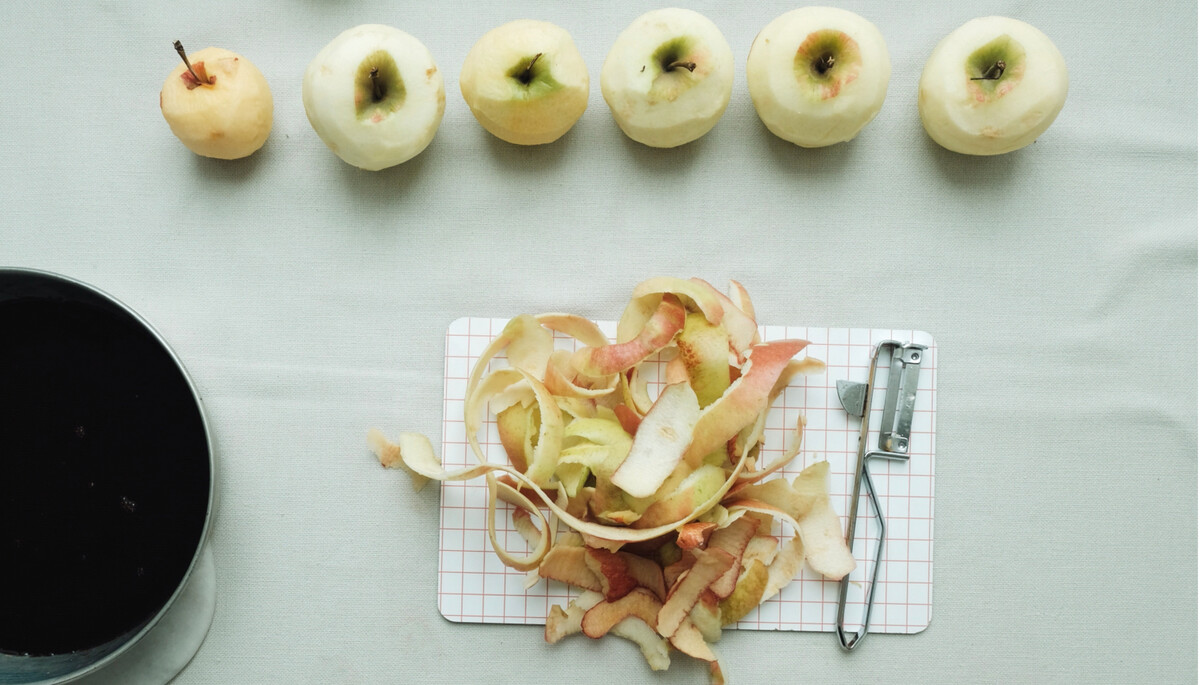
Zuhause
The Planetary Health Diet affects the whole world - but it starts at home. Of course, the catering industry, large corporations and professional institutions also have to deal with the topic. But you at home can also start a change now. You decide what you buy, from whom and what you eat. You can directly influence your personal health and the well-being of the planet. And that feels good, doesn't it?
Prof. Dr. Christine Brombach heads the Food Sensory Research Group at the ZHAW Life Sciences and Facility Management. Here she gives you 10 tips for your home that you can easily implement in your everyday life.

